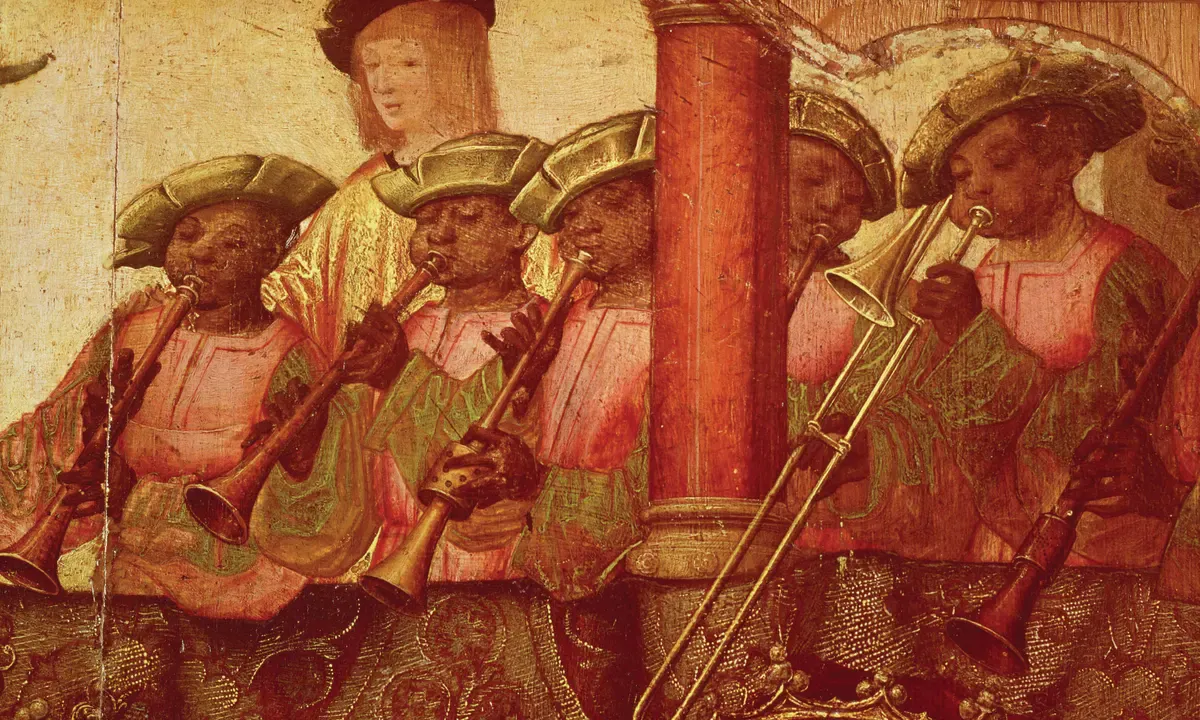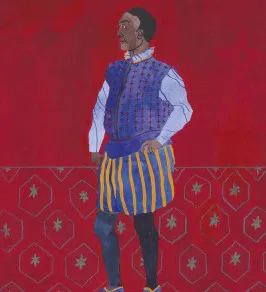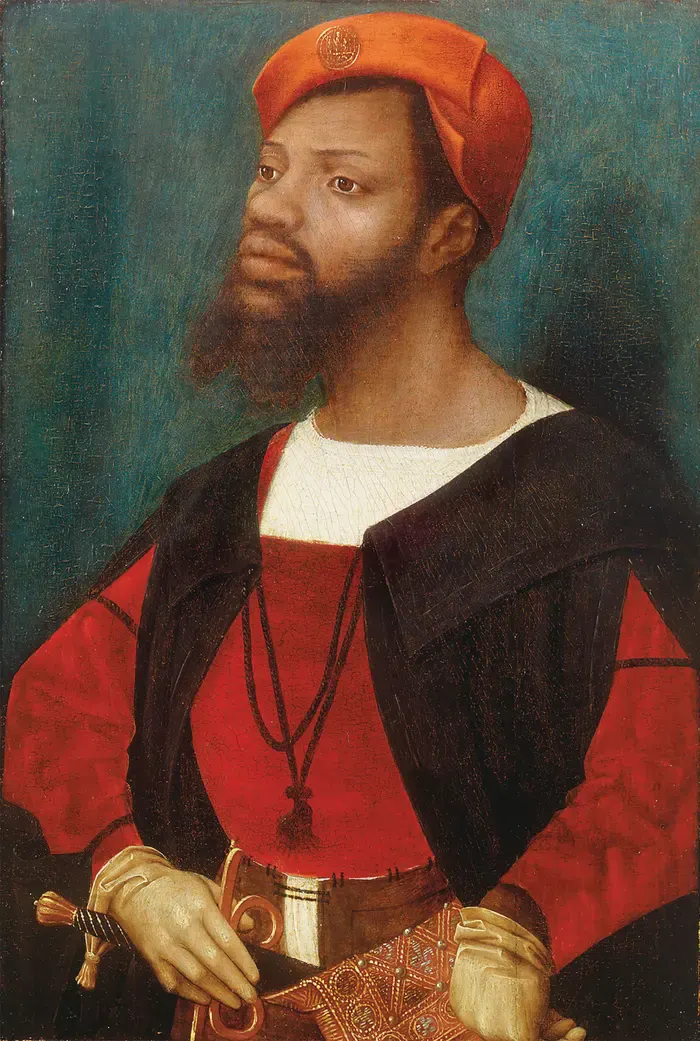Newsletter No 14 - The Black Tudors

Good morning, afternoon and evening, family,
This is King Kurus, and I'm excited to share the 14th edition of my Black History Buff newsletter with you. I'm incredibly grateful to all of you who sent me kind words and support. We are reaching over 2,350+ people, and the feedback has been amazing! Help grow this community of history lovers by forwarding this to a friend or colleague today.
Featured story: The Black Tudors

This week we will explore a lesser-known yet fascinating aspect of British history: the Black Tudors. Often overshadowed by other narratives, the presence of Africans in Tudor England (1485-1603) reveals a more diverse and inclusive society than commonly portrayed.
The Tudor era in England (1485-1603) has often been portrayed as a homogeneously white society. However, recent research has revealed the existence of a small but thriving community of black individuals who lived and worked as free people—this period marked the beginning of Black British history, which, contrary to popular belief, did not start with the slave trade. In this blog post, we will explore the lives of two Black Tudors – Reasonable Blackman and Edward Swarthye – and discuss their significance in challenging our perceptions of race and identity in Tudor England.

Reasonable Blackman: A Silk Weaver and Immigrant
Reasonable Blackman, also known as John Reason, was a skilled silk weaver who lived in Southwark near Tooley Street from 1579 to 1592. It is believed that he emigrated from the Netherlands, which had a significant black population and was a hub for cloth and silk manufacturing. Blackman was successful in his trade, living in a society where religion, class, and talent were often more important than skin colour.
However, tragedy struck in October 1592 when two of his children, Jane and Edmund, died of the plague. After this, little is known about Blackman's fate. Nonetheless, records suggest that his last living son, Edward, continued his father's trade as a silk weaver.

Edward Swarthye: A Porter and Witness
Edward Swarthye was a porter in the Gloucestershire household of Sir Edward Wynter. He arrived in England after fleeing his Spanish enslavers and joining the English during Francis Drake’s Caribbean raid of 1585. Swarthye's life took an unexpected turn when he was accused of whipping John Guye, the future first governor of Newfoundland, in 1596. The incident occurred amidst a feud between the Wynter and Buckes families.
In a court case in 1597, Swarthye was called upon to confirm that he had whipped Guye. Remarkably, his testimony was received without dispute, reflecting his status as a free man in the eyes of the law.
Changing Perceptions and Acknowledging Black Tudors
The lives of Reasonable Blackman and Edward Swarthye demonstrate that Black Tudors, although few in number, were able to carve out a life for themselves in Tudor England. They managed to navigate societal expectations, and for some time, their skin colour did not impede their progress. These stories challenge long-held misconceptions about race and identity during this era.
However, it is important to recognize that not all Black Tudors enjoyed the same freedoms. Queen Elizabeth's 1601 proclamation expressed her annoyance at the presence of black individuals, most of whom she regarded as infidels. Nevertheless, many black immigrants willingly converted to Christianity, were baptized, and adopted English names.
The lives of Reasonable Blackman and Edward Swarthye serve as powerful reminders that Black British history extends far beyond the slave trade. By acknowledging the presence and contributions of Black Tudors, we can start to dismantle misconceptions about race and identity in early modern England. This, in turn, can pave the way for a more integrated and diverse understanding of British history, fostering greater social progress and inclusivity.
Links & resources:
You can learn more about reasonable Blackman and many others by reading the book Black Tudors by Miranda Kaufmann
https://www.amazon.co.uk/Black-Tudors-Untold-Miranda-Kaufmann/dp/178607396X?crid=1JPJ831MQFHN0&keywords=black+tudors&qid=1679397458&sprefix=black+tudors%2Caps%2C160&sr=8-1&linkCode=ll1&tag=blackhistor06-21&linkId=d893649c8095ec0201dfbabbe8f5db55&language=en_GB&ref_=as_li_ss_tl (Öffnet in neuem Fenster)Support my work:
I hope you enjoyed this edition; the Tudor period is something I've wanted to share properly for a long time.
If you have gotten this far, I’d like to ask you to come with me further and consider joining my membership site. The stories I share are free to consume but not to create; they cost me time, money and a huge emotional investment to pull together, so if you enjoy my work, check out my membership platform and go deeper with me on my journey through black history. You can support my work by hitting the button below:
Thank you for being part of this journey, and I look forward to hearing from you soon!
Blessing’s
K


